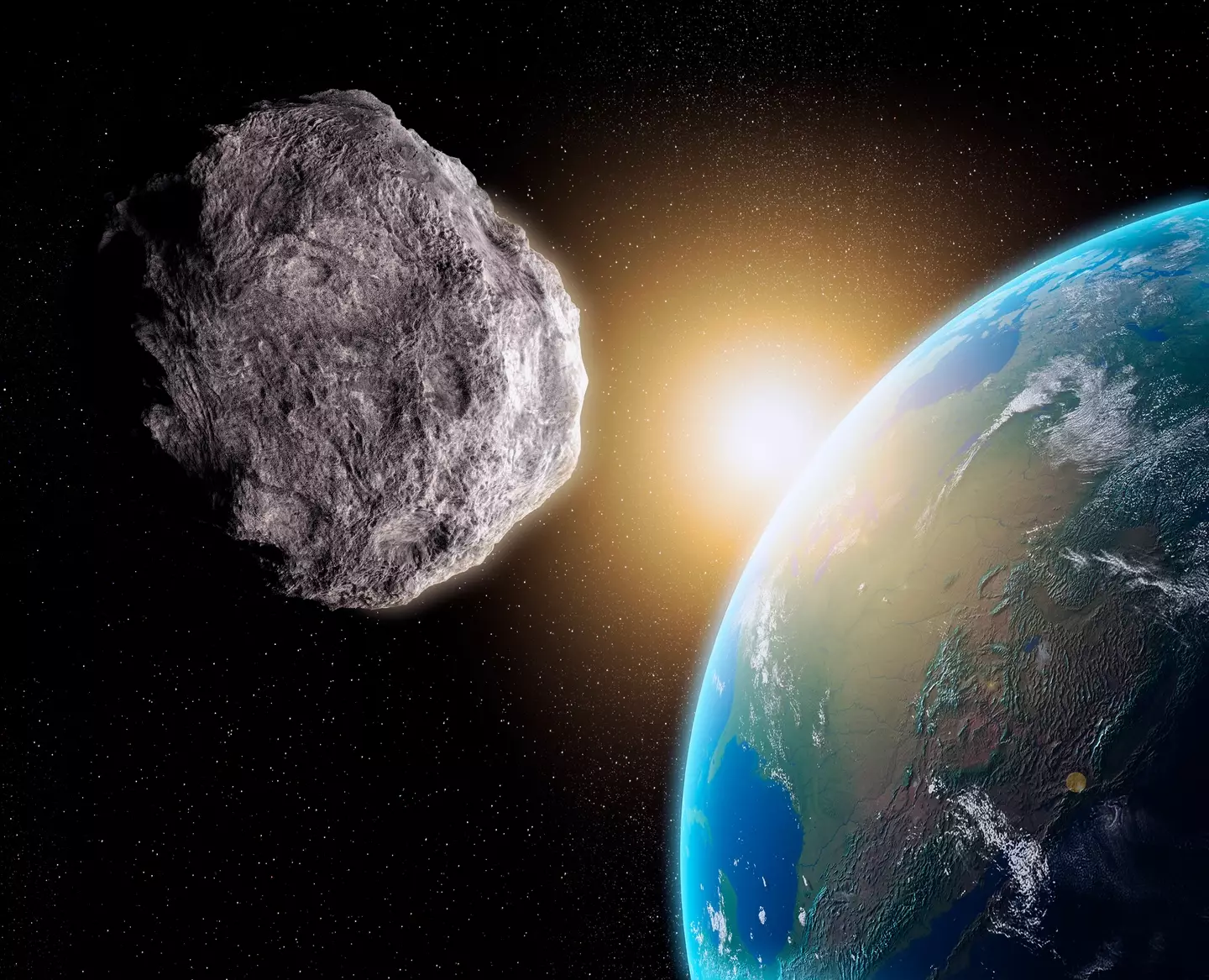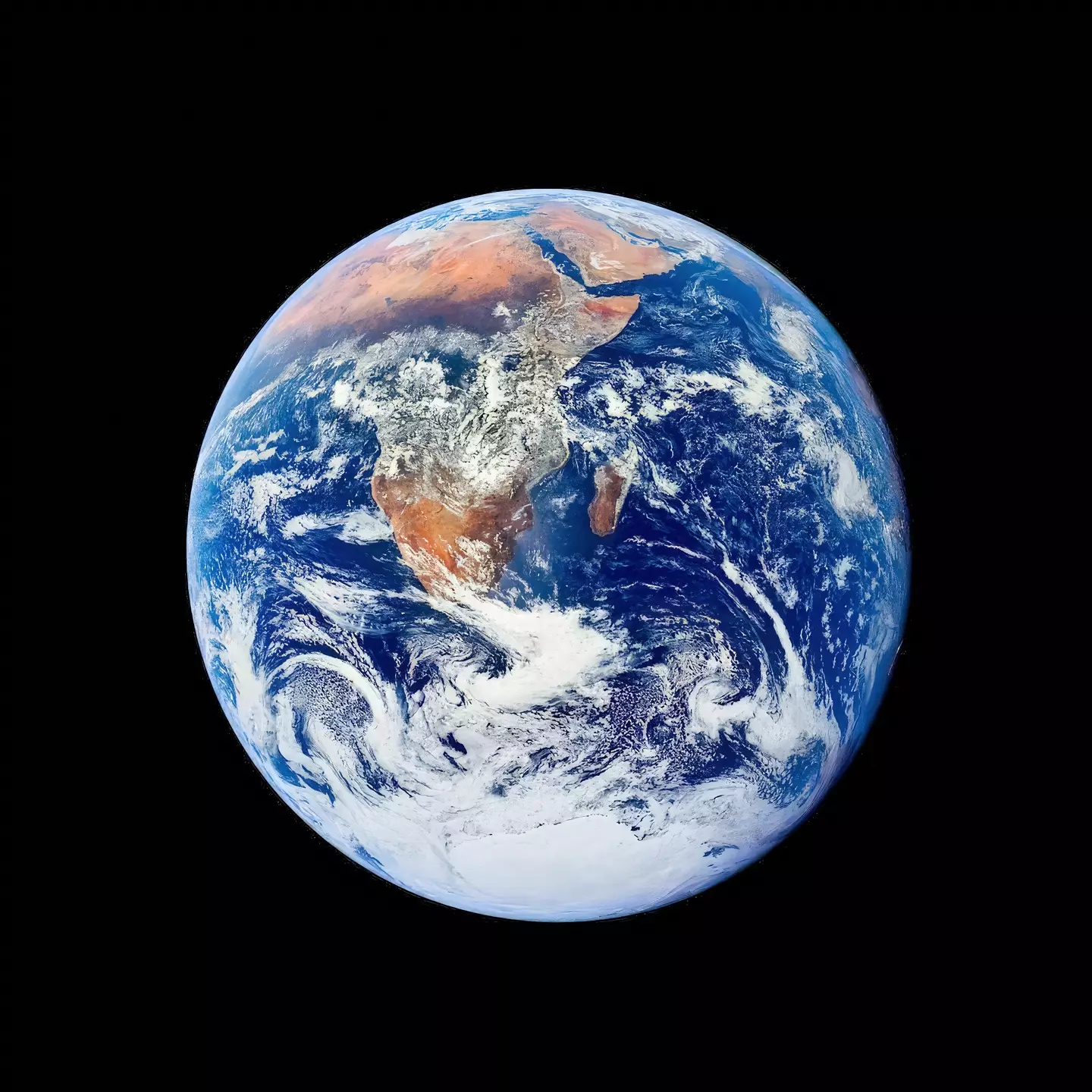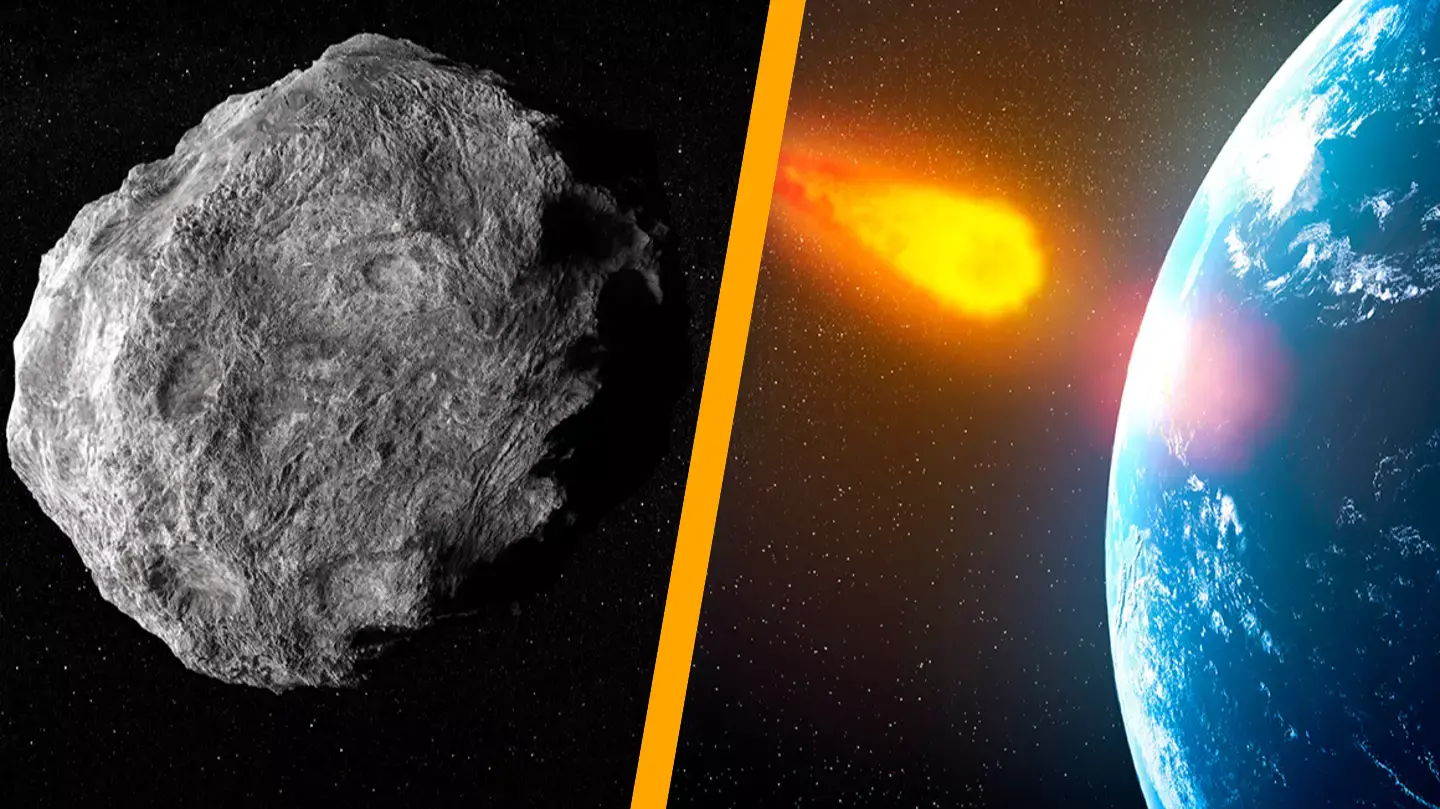The likelihood of a massive asteroid hitting Earth within the next five years might be a bit higher than previously thought.
With NASA utilizing an array of advanced technologies to keep an eye on space activities, it’s only natural that they would begin tracking asteroids that could potentially threaten life on Earth.
One such asteroid that has drawn significant attention from astronomers is 99942 Apophis, also known as the ‘god of chaos’.
This massive object measures 340 meters in width, making it larger than two American football fields placed side-by-side.
Considering its size, it’s not surprising that an impact from the ‘god of chaos’ asteroid would have catastrophic consequences.
Indeed, it is estimated that such an impact would release energy equivalent to 1,000 megatons of TNT.
Earlier this year, a study indicated that this asteroid is expected to make a close approach to Earth in 2029, coming within 40,000 kilometers of our planet.
Although this is relatively close in astronomical terms, scientists were initially confident that the ‘god of chaos’ would not collide with Earth.
However, there has been a slight shift in this assessment. Currently, the asteroid’s trajectory doesn’t point to a collision with Earth, but even a small object as tiny as two feet could alter this path.

Canadian astronomer Paul Wiegert and his colleague Benjamin Hyatt have explored the likelihood of the asteroid colliding with another object, which could then redirect it toward Earth, in a new study. Their findings may not be what you were hoping for.
According to Wiegert and Hyatt, a relatively small impactor around 0.6 meters (2 feet) could push the asteroid into one of the 2029 ‘keyhole’ trajectories around Earth, as reported by IFL Science. This could set it on a collision course with our planet at a later date.
For the ‘god of chaos’ to strike Earth in 2029, the impacting object would need to be about 3.4 meters (11.2 feet) in size—an object slightly larger than a grand piano.
Fortunately, the odds of this occurring in 2029 are ‘exceptionally low’, approximately 2.7 percent to be exact.

Wiegert stated in the study: “Given that only 5 percent of such impulses are in the correct direction to generate an Earth impact, the overall probability of a small impact directing Apophis into a collision with the Earth is less than one in two billion.”
When it comes to a smaller object hitting Apophis and setting it on a collision course for a later date, the odds are less than one in a million.
What a relief.

